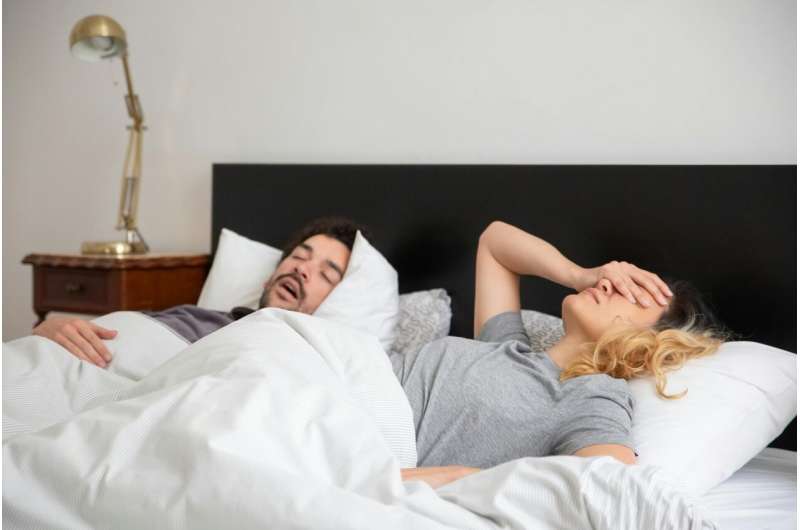Debunking the Risks of Mouth Taping During Sleep: What Science Says

Recent scientific reviews reveal that mouth taping during sleep offers limited benefits and poses significant safety risks, especially for individuals with nasal obstructions. Consult healthcare professionals for sleep issues.
Mouth taping, a trend popularized on social media platforms like TikTok, involves sealing the mouth with tape during sleep, with the aim of promoting nasal breathing. Many proponents claim that this practice can improve sleep quality, reduce snoring, alleviate dry mouth, and even enhance skin and mood. However, a thorough review of scientific literature raises serious concerns about its safety and efficacy.
The main rationale behind mouth taping is to encourage breathing through the nose, especially in individuals with nasal congestion or breathing difficulties. When nasal passages are blocked—due to conditions such as allergies, deviated septum, or enlarged tonsils—people tend to switch to mouth breathing. Chronic mouth breathing has been associated with various health issues, including obstructive sleep apnea, a condition where the airway becomes partially or fully obstructed during sleep, causing breathing pauses and oxygen drops.
A recent review analyzed studies from 1999 to 2024, including ten eligible studies with a total of 213 participants. Among these, only two studies indicated modest benefits of mouth taping for mild obstructive sleep apnea, such as slight reductions in apnea episodes and improvements in oxygen levels. Nonetheless, these effects were small and unlikely to have meaningful clinical impact. The majority of studies found no significant benefits for mouth breathing or sleep-related conditions.
More critically, four studies highlighted potential dangers. When nasal obstruction exists, sealing the mouth shut can dangerously increase the risk of asphyxiation because both the nose and mouth are blocked, preventing safe breathing. Conditions like severe allergies, nasal structural abnormalities, or enlarged tonsils make mouth taping an unsafe practice.
Experts advise that mouth taping offers minimal benefits and poses serious risks, especially for individuals with nasal blockages. Current evidence does not support its use as a treatment for sleep disorders or related issues. International sleep health professionals explicitly do not recommend this practice. Instead, anyone experiencing sleep problems should consult healthcare providers to identify underlying causes and receive evidence-based treatments.
In summary, although mouth taping has gained popularity online, scientific evidence does not endorse its safety or effectiveness. Caution and professional guidance are essential before considering such practices. Further research is necessary to fully understand the potential risks and benefits.
Source: https://medicalxpress.com/news/2025-05-dont-tape-mouth-night-tiktok.html
Stay Updated with Mia's Feed
Get the latest health & wellness insights delivered straight to your inbox.
Related Articles
UK Research Discovers Microplastics in Every Tested Beverage, Highlighting Potential Human Exposure
A UK study has found microplastics in all tested beverages, raising concerns about human exposure through everyday drinks like tea, coffee, and soft drinks. Learn more about the health implications of microplastic contamination.
New Study Finds Human Egg Cells Are Shielded From Age-Related Genetic Mutations
Recent research uncovers that human egg cells are safeguarded from accumulating age-related mitochondrial DNA mutations, offering promising insights into reproductive health and aging.
Innovative NASA-Inspired Low-Vibration Belt Reduces Risk of Bone Fractures
A groundbreaking NASA-inspired low-vibration belt, Osteoboost, offers a non-invasive way to combat bone loss and reduce fracture risks in postmenopausal women with osteopenia. Approved by the FDA, this device mimics weight-bearing exercise through gentle vibrations to stimulate bone growth and recycling.



